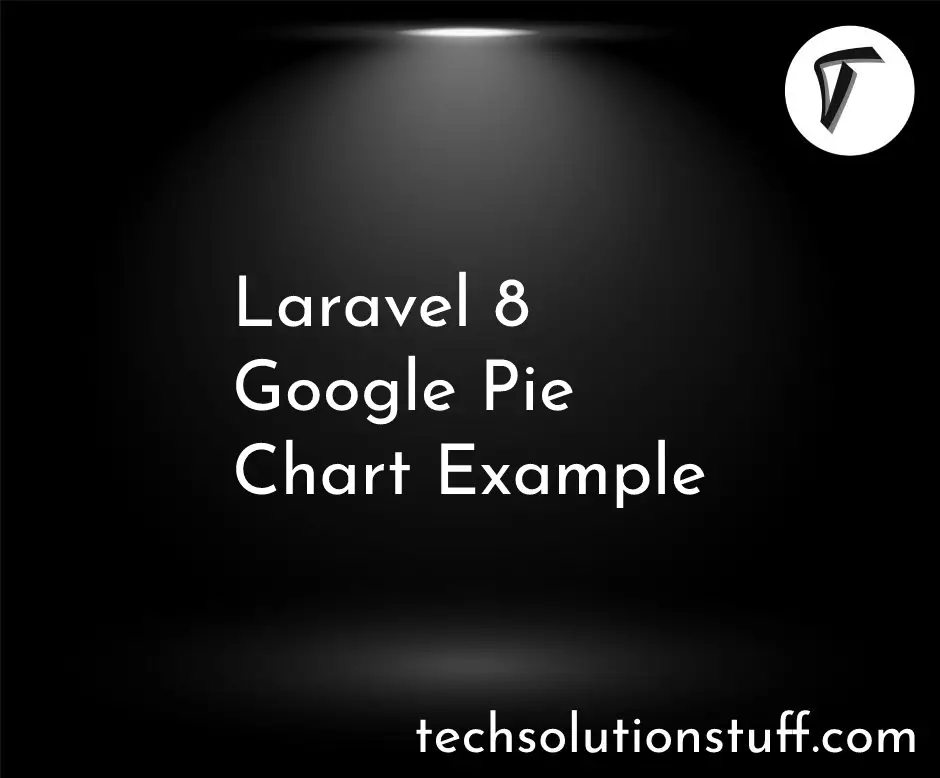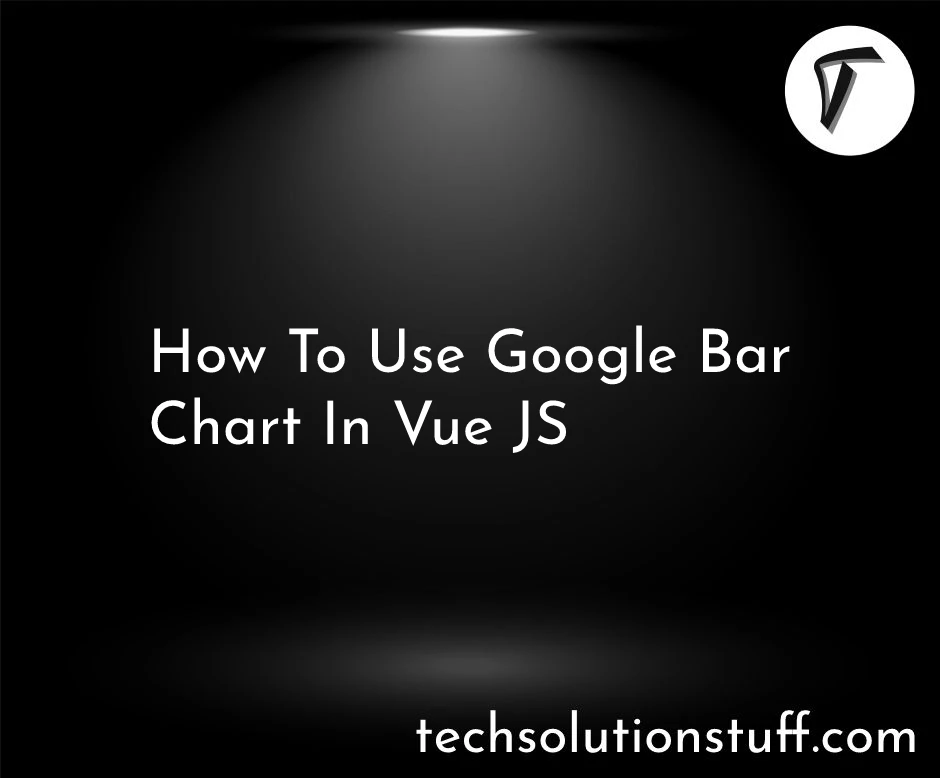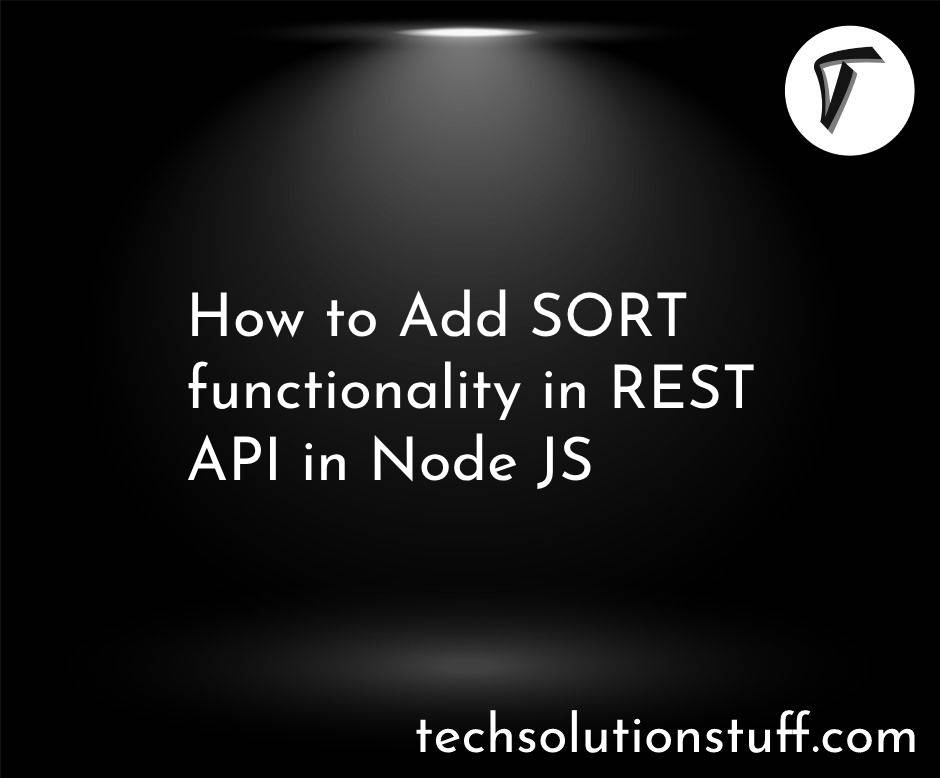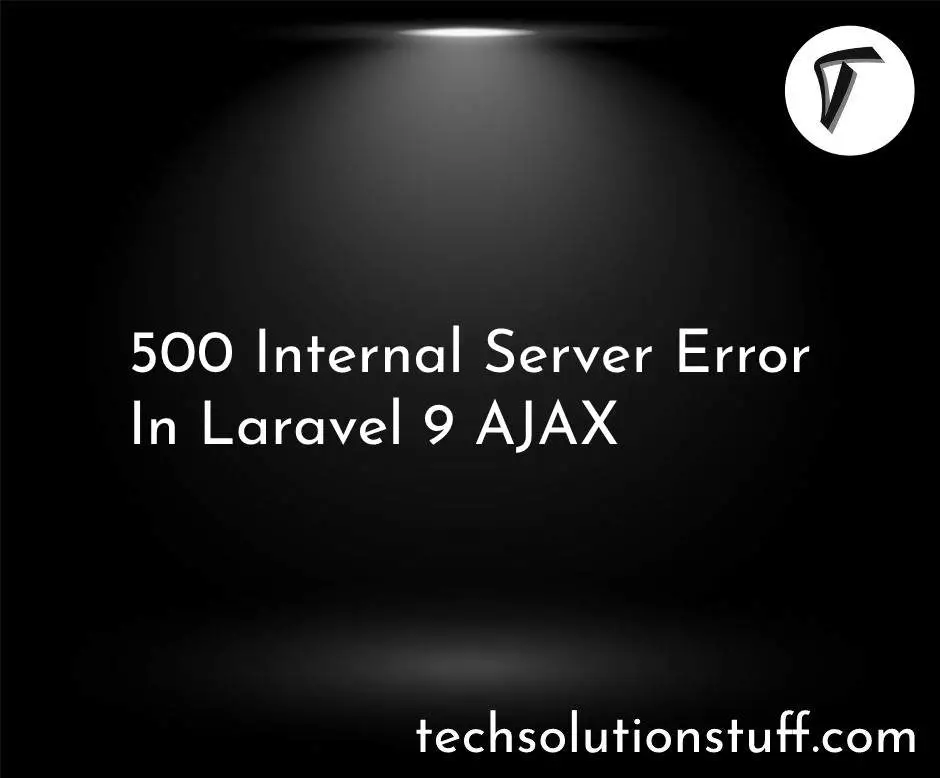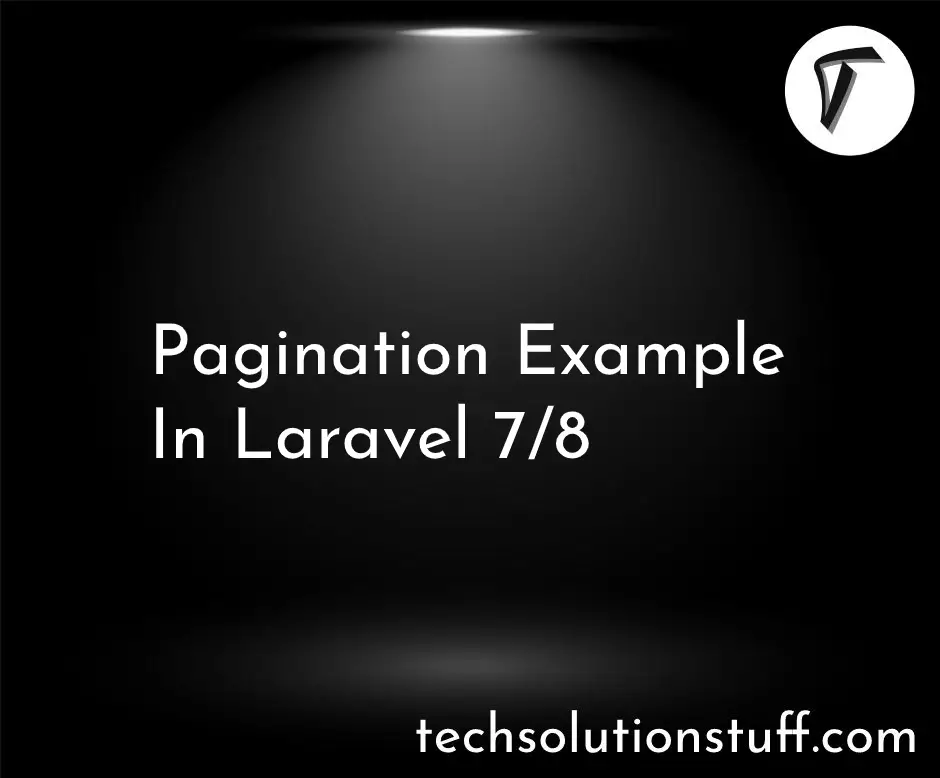Laravel 8 One To Many Polymorphic Relationship
In this article, we will learn about laravel 8 one to many polymorphic relationships. A one-to-many polymorphic relation is similar to a typical one-to-many relation. The child model can belong to more than one type of model using a single association. One to many polymorphic relationships is used when a model belongs to more than one other model on a single association model.
For Example, users of your application can comment on posts and videos. Using polymorphic relationships, you may use a single comments table to contain comments for both posts and videos. using morphMany() and morphTo() you can access data.
In this example, we will create posts, comments, and videos tables. all tables are connected with each other like the below screenshot and we are creating migration and model all tables and retrive data using one to many polymorphic relationships in laravel 6, laravel 7, and laravel 8.
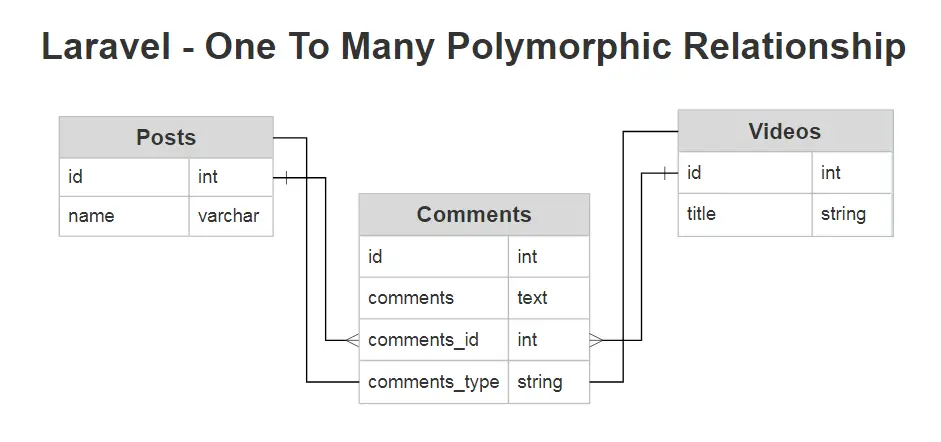
Now, we will create migration for posts, comments, and videos tables. and add foreign keys in the posts and videos table.
Post Table:
Schema::create('posts', function (Blueprint $table) {
$table->increments('id');
$table->string("name");
$table->timestamps();
});
Comment Table:
Schema::create('comments', function (Blueprint $table) {
$table->increments('id');
$table->text("comments");
$table->integer('commentable_id');
$table->string("commentable_type");
$table->timestamps();
});
Video Table:
Schema::create('videos', function (Blueprint $table) {
$table->increments('id');
$table->string("title");
$table->timestamps();
});
Now, we will create Post, Comment, and Video model.
Post Model:
class Post extends Model
{
/**
* Get all of the post's comments.
*/
public function comments()
{
return $this->morphMany(Comment::class, 'commentable');
}
}
Comment Model:
class Comment extends Model
{
/**
* Get the parent commentable model (post or video).
*/
public function commentable()
{
return $this->morphTo();
}
}
Video Model:
class Video extends Model
{
/**
* Get all of the video's comments.
*/
public function comments()
{
return $this->morphMany(Comment::class, 'commentable');
}
}
Once your database table and models are defined, you may access the relationships via your model's dynamic relationship properties. For example, to access all of the comments for a post, we can use the comments property.
$post = Post::find(1);
foreach ($post->comments as $comment) {
//
}
You may also retrieve the parent of a polymorphic child model by accessing the name of the method like the below code.
$comment = Comment::find(1);
$commentable = $comment->commentable;
Now, we will give you an example of creating a record for one to many polymorphic relationships like the below code.
$post = Post::find(1);
$comment = new Comment;
$comment->comments = "this is test comments from Techsolutionstuff";
$post->comments()->save($comment);
You might also like:
- Read Also: Laravel Signature Pad Example
- Read Also: Laravel 8 Send Mail Using Queue
- Read Also: Laravel 8 Many To Many Relationship Example
- Read Also: Laravel 8 User Roles And Permissions Without Package



